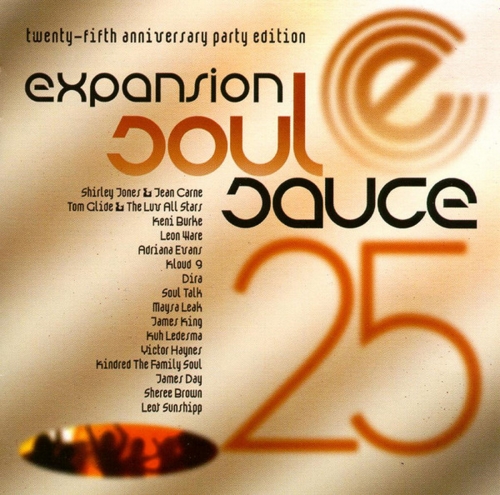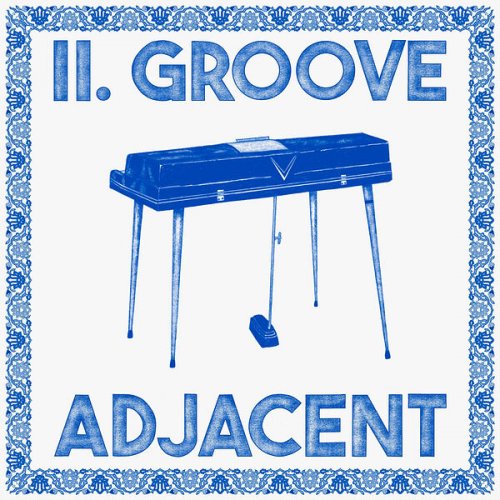Lucio Dalla - Collection (1966-2018)
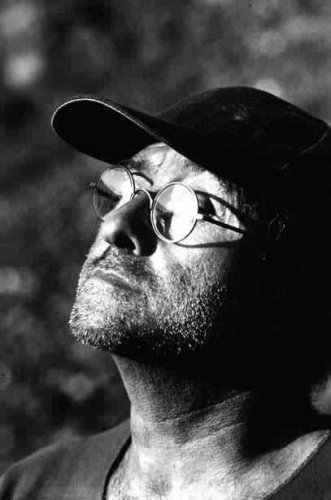
Artist: Lucio Dalla
Title: Collection
Year Of Release: 1966-2018
Label: BMG Ariola
Genre: Pop, Pop Rock, Italiani Gdchill, Singer-Songwriter
Quality: CBR 320 kbps / FLAC (tracks,cue,log,scans)
Total Time: 36 Albums
Total Size: 5.64 gb / 14.40 gb
WebSite: Album Preview
Title: Collection
Year Of Release: 1966-2018
Label: BMG Ariola
Genre: Pop, Pop Rock, Italiani Gdchill, Singer-Songwriter
Quality: CBR 320 kbps / FLAC (tracks,cue,log,scans)
Total Time: 36 Albums
Total Size: 5.64 gb / 14.40 gb
WebSite: Album Preview
Dalla was born in Bologna, Italy. He began to play the clarinet at an early age, in a jazz band in Bologna, and became a member of a local jazz band called Rheno Dixieland Band, together with future film director Pupi Avati. Avati said that he decided to leave the band after feeling overwhelmed by Dalla's talent. He also acknowledged that his film, Ma quando arrivano le ragazze? (2005), was inspired by his friendship with Dalla.
In the 1960s the band participated in the first Jazz Festival at Antibes, France. The Rheno Dixieland Band won the first prize in the traditional jazz band category and was noticed by a Roman band called Second Roman New Orleans Jazz Band, with whom Dalla recorded his first record in 1961 and had the first contacts with RCA records, his future music publisher.[citation needed]
Singer-songwriter Gino Paoli hearing Dalla's vocal qualities, suggested that he attempt a soloist career as a soul singer. However, Dalla's debut at the Cantagiro music festival in 1965 was not successful probably due to both his physical appearance as well as his music, which was considered too experimental for the time. His first single, a rendition in Italian of the American traditional standard Careless Love was a failure, as it was his first album, 1999, that was released the following year. His next album, Terra di Gaibola (from the name of a suburb of Bologna), was released in 1970 and contained some early Dalla classics. His first hit was "4 Marzo 1943", which achieved some success due to the Sanremo Festival. The original title of the song was supposed to be "Gesù bambino", however in those years there was still stiff censorial control over the content of songs, and the title was changed to Dalla's birth date.
In the 1960s the band participated in the first Jazz Festival at Antibes, France. The Rheno Dixieland Band won the first prize in the traditional jazz band category and was noticed by a Roman band called Second Roman New Orleans Jazz Band, with whom Dalla recorded his first record in 1961 and had the first contacts with RCA records, his future music publisher.[citation needed]
Singer-songwriter Gino Paoli hearing Dalla's vocal qualities, suggested that he attempt a soloist career as a soul singer. However, Dalla's debut at the Cantagiro music festival in 1965 was not successful probably due to both his physical appearance as well as his music, which was considered too experimental for the time. His first single, a rendition in Italian of the American traditional standard Careless Love was a failure, as it was his first album, 1999, that was released the following year. His next album, Terra di Gaibola (from the name of a suburb of Bologna), was released in 1970 and contained some early Dalla classics. His first hit was "4 Marzo 1943", which achieved some success due to the Sanremo Festival. The original title of the song was supposed to be "Gesù bambino", however in those years there was still stiff censorial control over the content of songs, and the title was changed to Dalla's birth date.
1966 - 1999 - 1995
1971 - Storie di casa mia - 1996
1976 - 4 marzo e altre storie - 1990
1977 - Come è profondo il mare - 1996
1978 - Lucio Dalla - 2001
1979 - Banana Republic
1980 - Dalla - 1996
1980 - Il primo Lucio Dalla - 1990
1983 - 1983 - 1996
1983 - The Best of
1984 - Viaggi organizzati
1985 - Marco Di Marco - 1989
1986 - Bugie
1986 - DallAmeriCaruso
1988 - Gianni Morandi & Lucio Dalla - Dalla Morandi
1988 - Lucio Dalla & Mauro Malavasi - The Fortunate Pilgrim
1990 - 4 marzo e altre storie
1990 - Cambio
1992 - Amen
1992 - I Grandi Successi 1
1992 - Il motore del 2000
1992 - The Best of Lucio Dalla
1993 - Henna
1994 - Maria Farantouri sings Lucio Dalla
1995 - The Best of Lucio Dalla
1996 - Canzoni
1998 - Gli Anni Settanta
1998 - Il Meglio
2001 - Luna Matana
2002 - Caro Amico Ti Scrivo
2007 - Il contrario di me
2009 - Angoli Nel Cielo (2012 Remastered)
2010 - Lucio Dalla & Francesco De Gregori - Work in progress
2011 - Questo è Amore
2014 - Quattro Tempi
2018 - Duvudubà

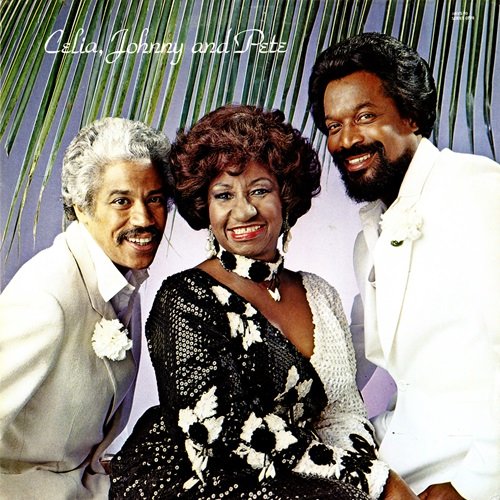
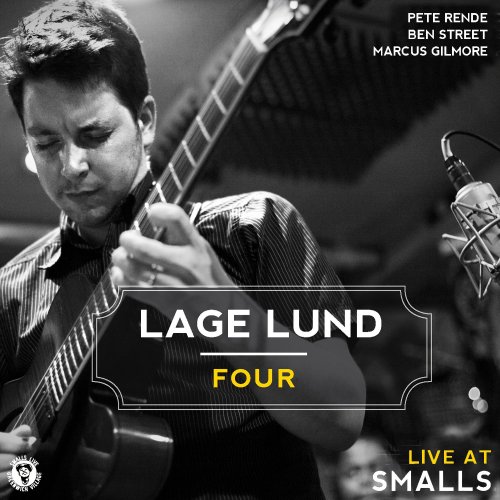
![Barre Phillips - Three Day Moon (1978/2025) [Hi-Res] Barre Phillips - Three Day Moon (1978/2025) [Hi-Res]](https://www.dibpic.com/uploads/posts/2025-12/1766322384_cover.jpg)
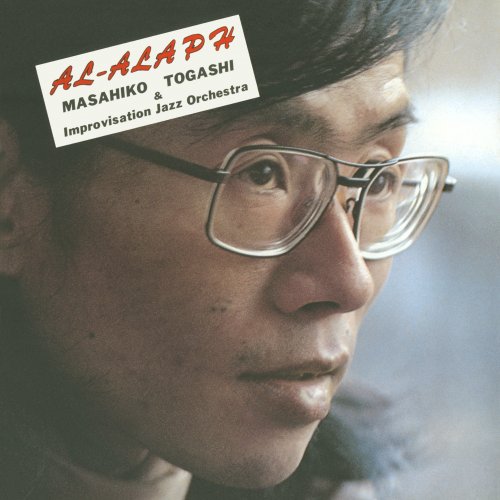
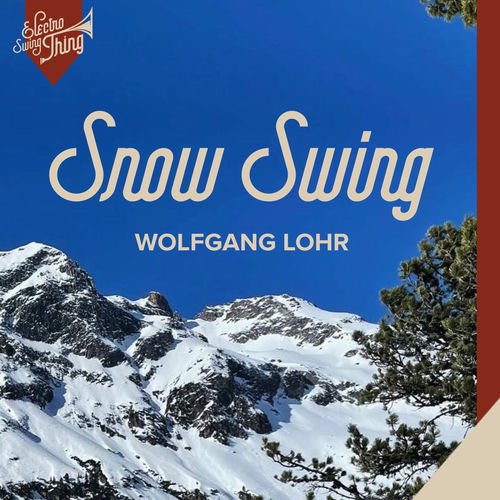
![Black Flower - Abyssinia Afterlife (2014) [Hi-Res] Black Flower - Abyssinia Afterlife (2014) [Hi-Res]](https://img.israbox.com/img/2025-12/21/anj3jk2va3pc3i9y3pv0m7zde.jpg)
